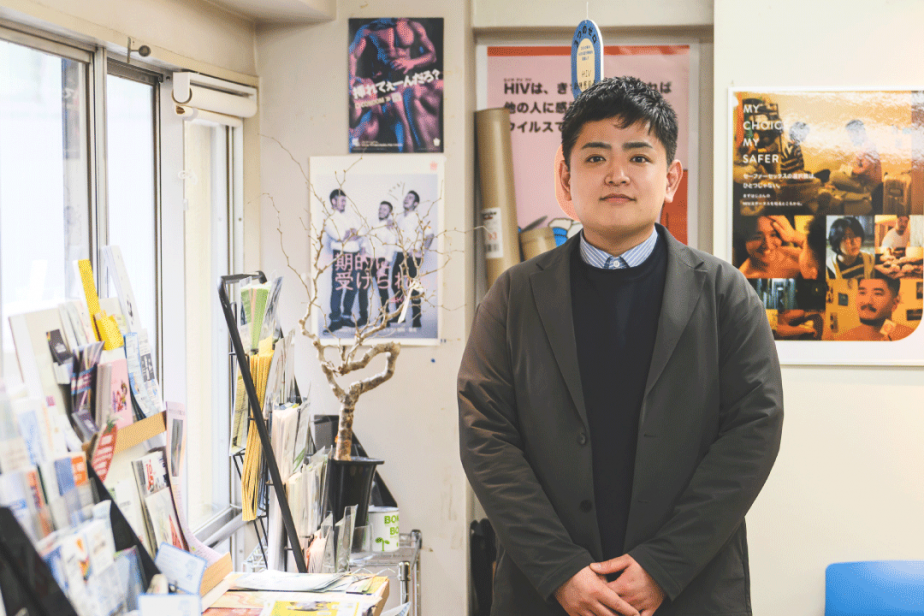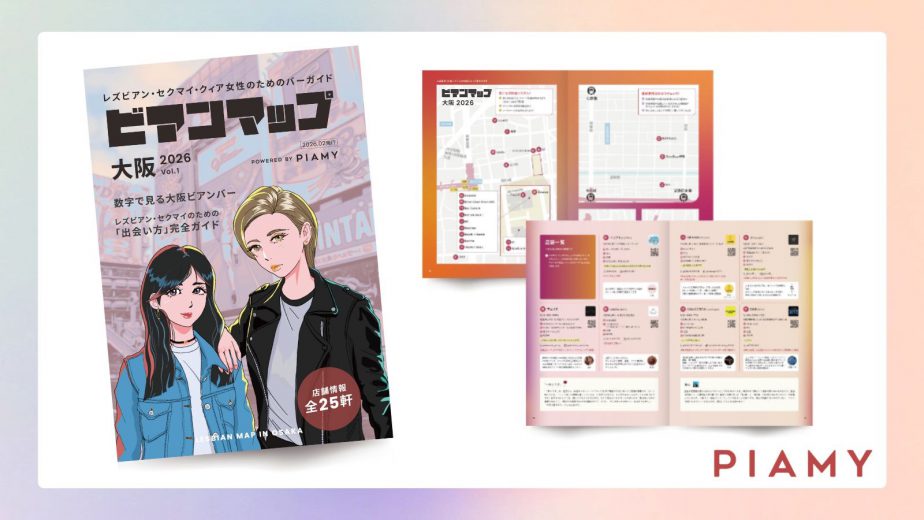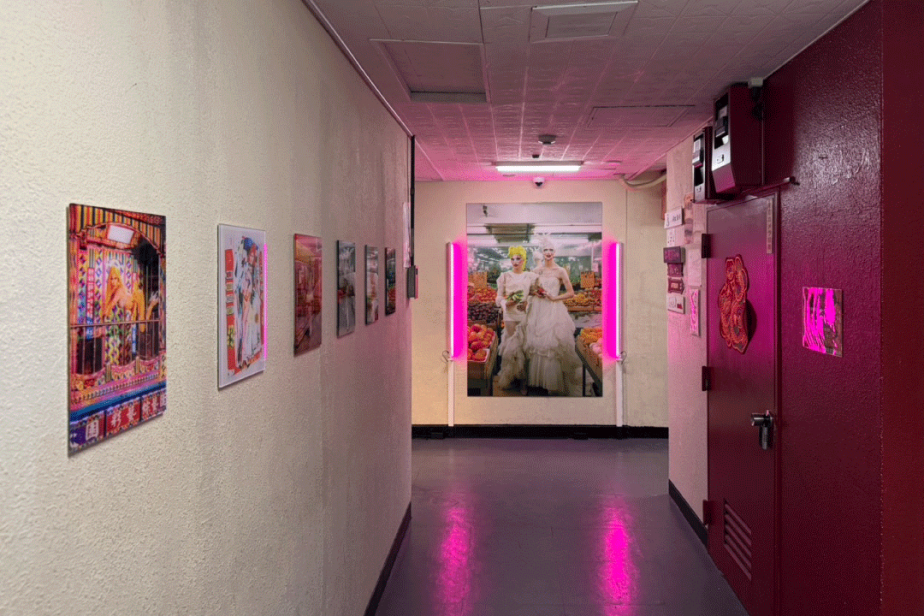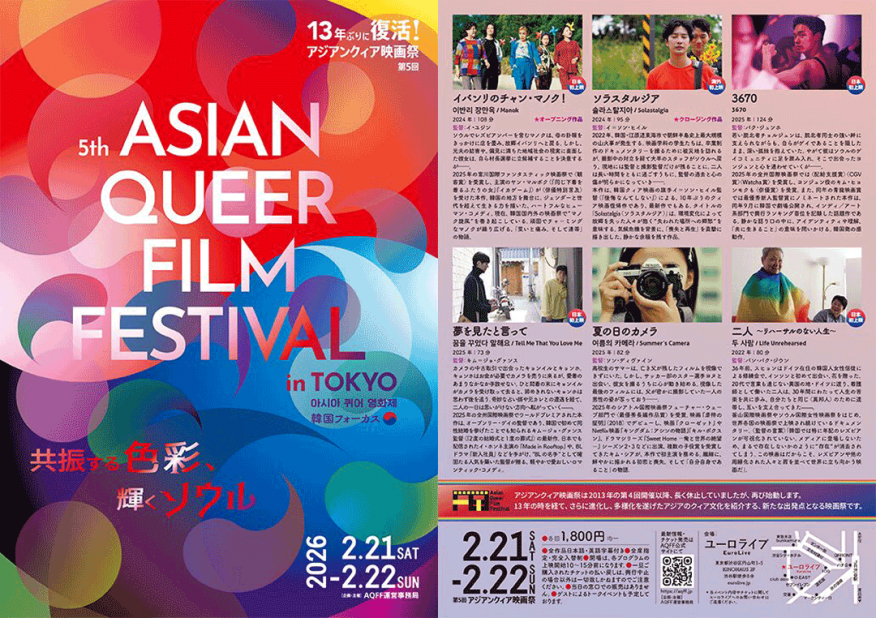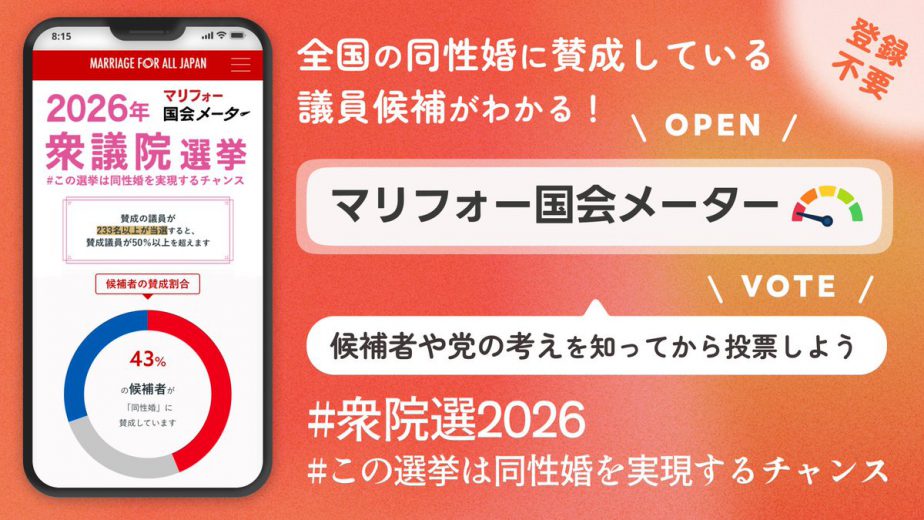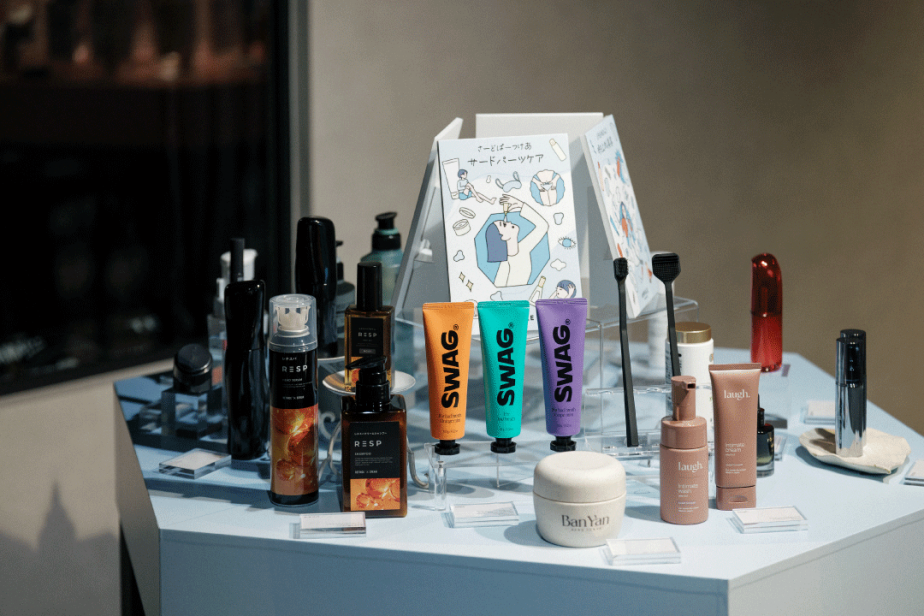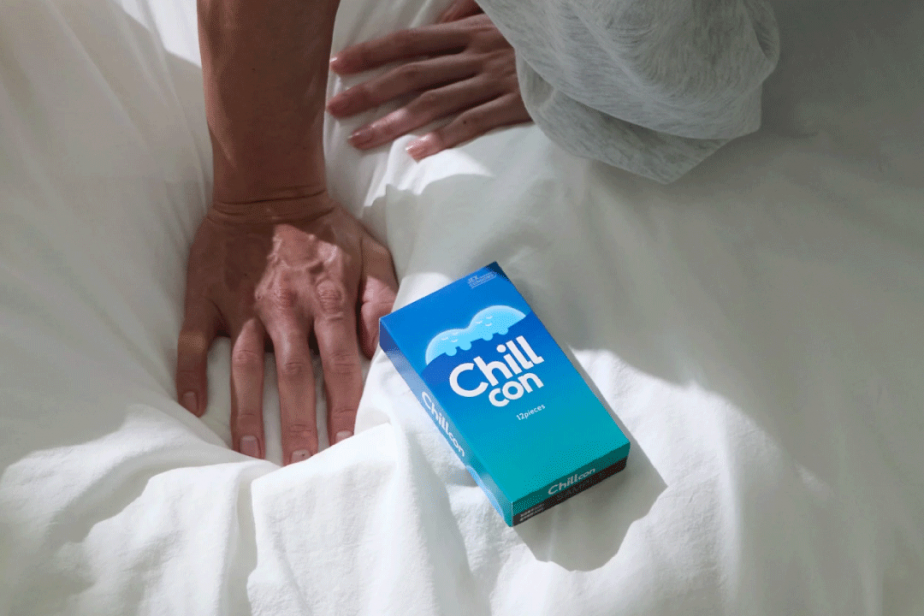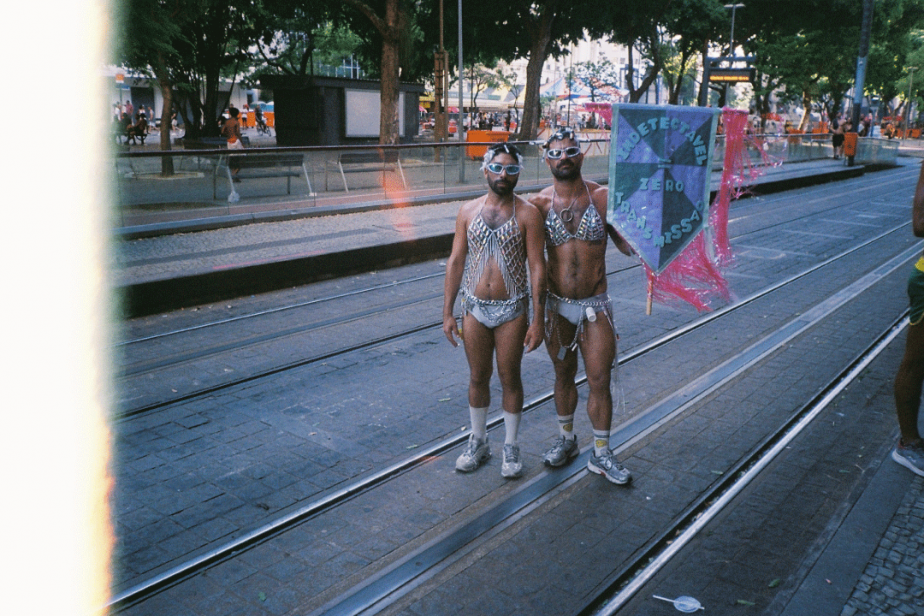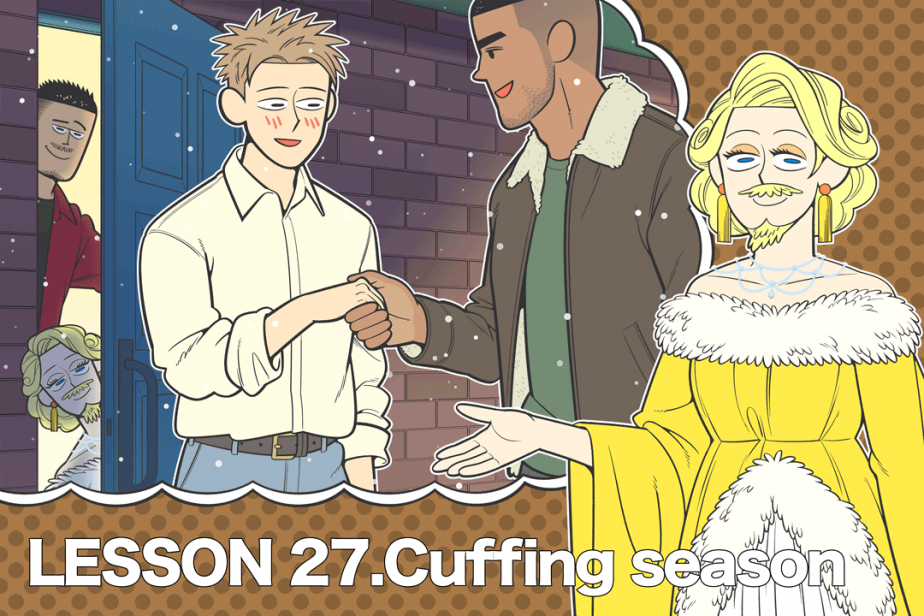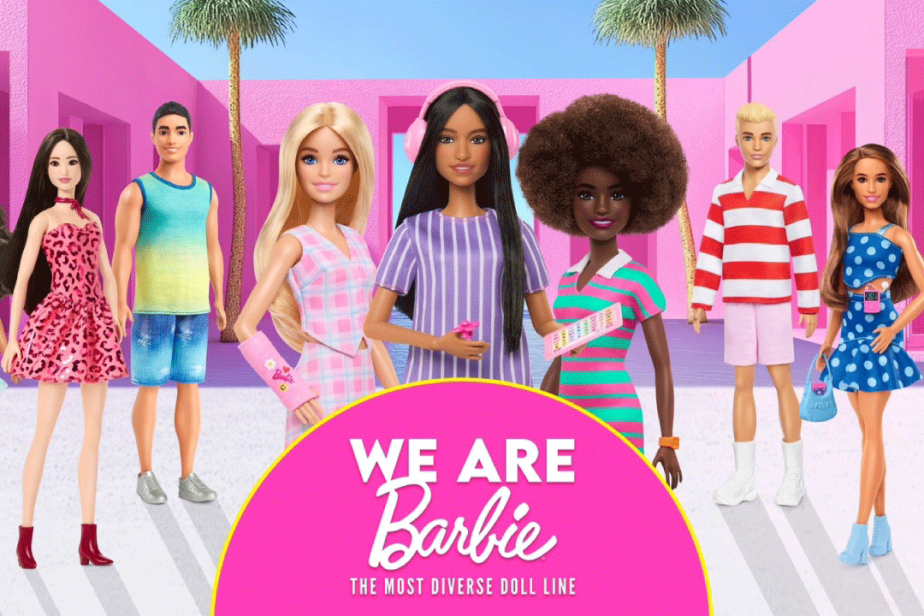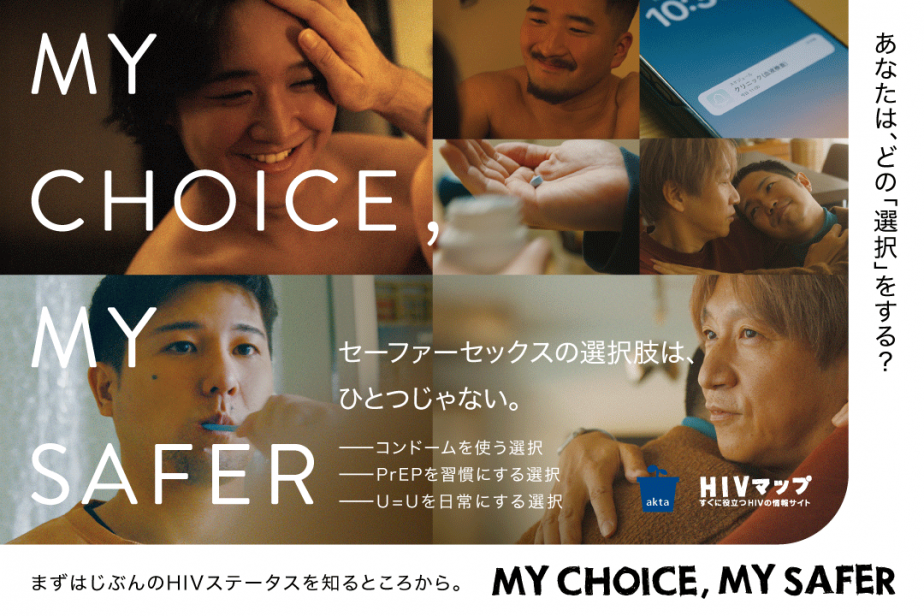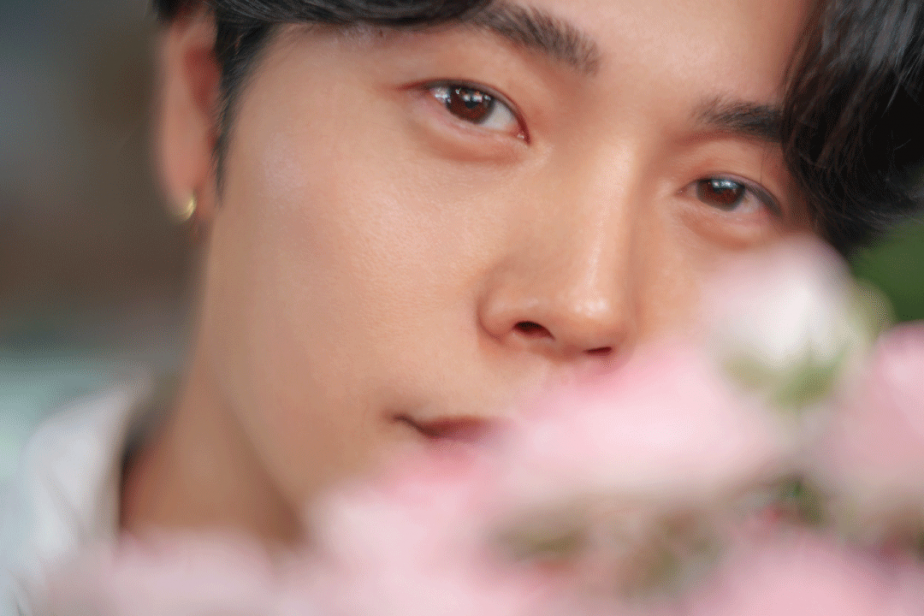
In this eighth and final edition, we introduce people who are based in Amsterdam and who are contributing to the LGBTQ + community. From organizations that are operating helplines for transgender people, to researching canal parades, to creating opportunities to learn about LGBTQ + through film and art, each of these individual organizations is working towards making Amsterdam a better place.

ーーAdvancing towards a society that is fun to live in. The thoughts of people working for the LGBTQ+ community with different approaches.
The Dutch Transgender Network, which aims to realize a gender-neutral society, is a non-governmental organization set up by local activists in 2008. It works for transgender people and those around them across the country, by making use of institutions such as the Ministry of Health, Labor and Welfare in Japan, the EU and uses donations as their main financial resource.
The axis of its activities is the Gender Talk Youth Line. The helpline targets mainly transgender, non-binary and questioning people aged 12-25. It is designed for young people who are struggling with issues that are unlikely to be solved in their current environment. The helpline receives SOS from subjects who are not active in Pride events or who are left alone with their problems without any further additional help. Approximately 25 trained and experienced volunteer staff operate the calls.

We asked them specifically what kind of distress calls they receive. ‘We get calls related to suicide as often as once a week. Many of them are under the age of 18 and have isolated themselves because they find it difficult to find a community by themselves. What is it that causes them to fall into self-denial, leading them to the idea of ‘suicide’ We believe that external criticism is a major factor. In order for the individuals who have shared their concerns with us over the phone to be able to live with self-affirmation, the environment around them has to change”.
‘But look at the current situation. The suicide rate among transgender people is approximately six to ten times higher than that of cisgender people, depression is three times higher and verbal violence is twice as high. Other problems faced by transgender people include a tendency towards homelessness, high rates of informal employment and underlying discrimination.
Currently, blatant discrimination also remains prevalent, with wealthy conservatives purchasing transgender-related domains and using them for anti-transgender PR. One of our important tasks is to create an opportunity to change the environment around people who are troubled by producing and distributing pamphlets that compile such data,” she said, describing how she deals with the problems she faces.

Irene, who is conducting research on Pride Amsterdam’s main event, the Canal Parade, raises a number of issues related to the management of the parade from different perspectives. ‘The Canal Parade is now Amsterdam’s flagship event. It is globally recognized as a major platform, but we have not been able to disseminate information to national media or promote it online using real-time distribution platforms. We feel that the reality that the queer community has a voice needs to be better communicated to the world,” she said, calling for the effective use of information beyond offline.
As for the organization itself, “It should continue to change along with the queer community, but the organization consists out of white cisgender men, which is hardly diverse. The hegemonic masculinity that remains in Dutch society is reflected in Pride Amsterdam’s organization as well.

Such a form could also lead to Pride Amsterdam’s commitment to commercialization. If the emphasis on income leads to the participation of unethical sponsors, the world’s reputation that has been built up will be damaged. It will be necessary to keep a close eye on whether ethical companies are being sponsored.
Finally, Irina says: “It is true that the higher the profile of the Canal Parade as a celebration, the higher the proportion of cishetero people visiting. This threatens its function as a safe space for the community, and may also drive queer people away.
On the other hand, it may also provide an opportunity to debate LGBTQ+ issues with those who see the performance, and contribute to breaking down the barriers to what is called ‘normal’ society. In any case, it should be created with the queer community in a more flexible structure”, she said, suggesting improvements to the operational structure of the Canal Parade, which is a complex mix of both advantages and disadvantages.

Stichting art.1 is the organization behind the International Queer and Migrant Film Festival (IQMF), founded in 2015. It is an annual cultural landmark for queer & migrant-related films and introduces queer & migrant films to a large audience in Amsterdam and elsewhere in the Netherlands.
Other activities include art exhibitions, workshops, talks and the international talent program IQMF Academy, which serves as a multi-disciplinary community space serving a diverse and inclusive society. As part of its activities, the cinema Supernova was opened to give a voice to queer, political, climate change and de-colonialism topics to audiences in Amsterdam.

Chris, one of the members, says: “Within the Netherlands, we focus on platforms for people with an immigrant background. I myself have Indonesian roots, but when I look at mainstream media, all I see is white-centric stuff. I can’t project myself into the work because I feel alienated,” he explained while continuing his activities.
In addition, he continues to create opportunities for change through art, such as working with Dutch embassies in other countries to help amateur filmmakers by sharing knowledge through storytelling on podcasts and workshops.

Dutch Culture, which coordinated this visitor program, is a networked and knowledgeable organization for international cooperation. They promote and support traditions, art and culture. Depending on the purpose, they work with the embassies of various countries to select visitors to the Netherlands and create a program for them during their stay. They also create opportunities for exchange with organizations working in the field by accompanying visitors on visits. What aspirations do members Ian and Rick put inside of their work?
Ian: “I am mainly in charge of art-related programs. In Europe, including the Netherlands, it’s very difficult for artists to contact people involved in policy. In order to improve this situation, I want to contribute to improving the status of art by connecting politicians and artists through Dutch Culture’s activities. To achieve this, Dutch Culture is a very attractive and interesting organization, as it mixes cultures from various fields. Besides, there are few opportunities to feel a top-down environment, and we can create programs freely. It’s also the perfect place for me, as I don’t like top-down hierarchical structures (laughs).”

Rick: “I am a member of Dutch Culture, which is dedicated to creating an equal society where everyone’s human rights are protected. Among other things, I often work on programs related to LGBTQ+. I also use my network as a member of the queer community to cast people from underground organizations. Sometimes I organize events that have nothing to do with LGBTQ+, but I always include a human rights-related element in my program. My activities are discussed in detail in [Where is Amsterdam? #03], which I talk about in detail, so please check it out”.
ーーI was impressed by the seriousness and liveliness in their eyes as they worked on solving the upcoming future problems that they themselves and their community is facing,
In the eight-part series “Where is Amsterdam?”, based on interviews in Amsterdam, the capital of the Netherlands, where same-sex marriage was legalized for the first time ever in the world, we asked the LGBTQ+ community to share their experiences of living and working in Amsterdam. We hope that the activities and lifestyles of people from the LGBTQ+ community have delivered a positive message.
And if you have the chance to visit Amsterdam during Pride Week, we hope you will take the messages you received to heart and enjoy being who you are.

Interview and text/HAGA Takashi
Photo/EISUKE
Interpreter/Kuwabara Karin (Saw Communications)
Cooperation/ The Embassy of the Kingdom of the Netherlands in Japan, Dutch Culture
Article produced by/ newTOKYO

※This interview was conducted as part of a visitors program organized by the Embassy of the Kingdom of the Netherlands in Japan.


